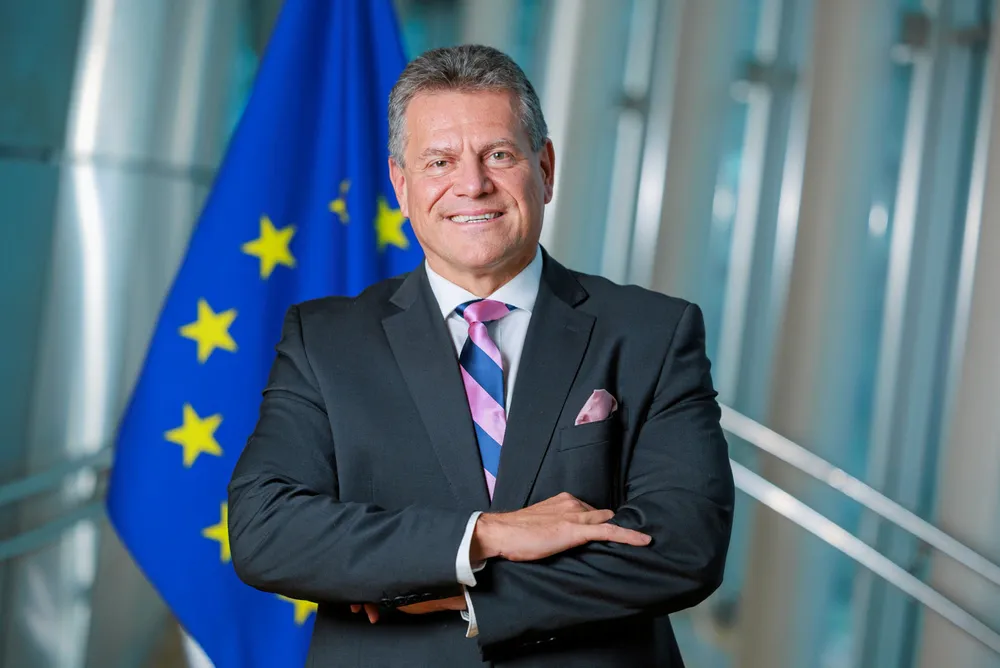Germany tops up European Hydrogen Bank pilot tender with €350m of funding for domestic projects
The almost 45% increase in funding will be made available in the first 'auction as a service' by an EU member state

The almost 45% increase in funding will be made available in the first 'auction as a service' by an EU member state
